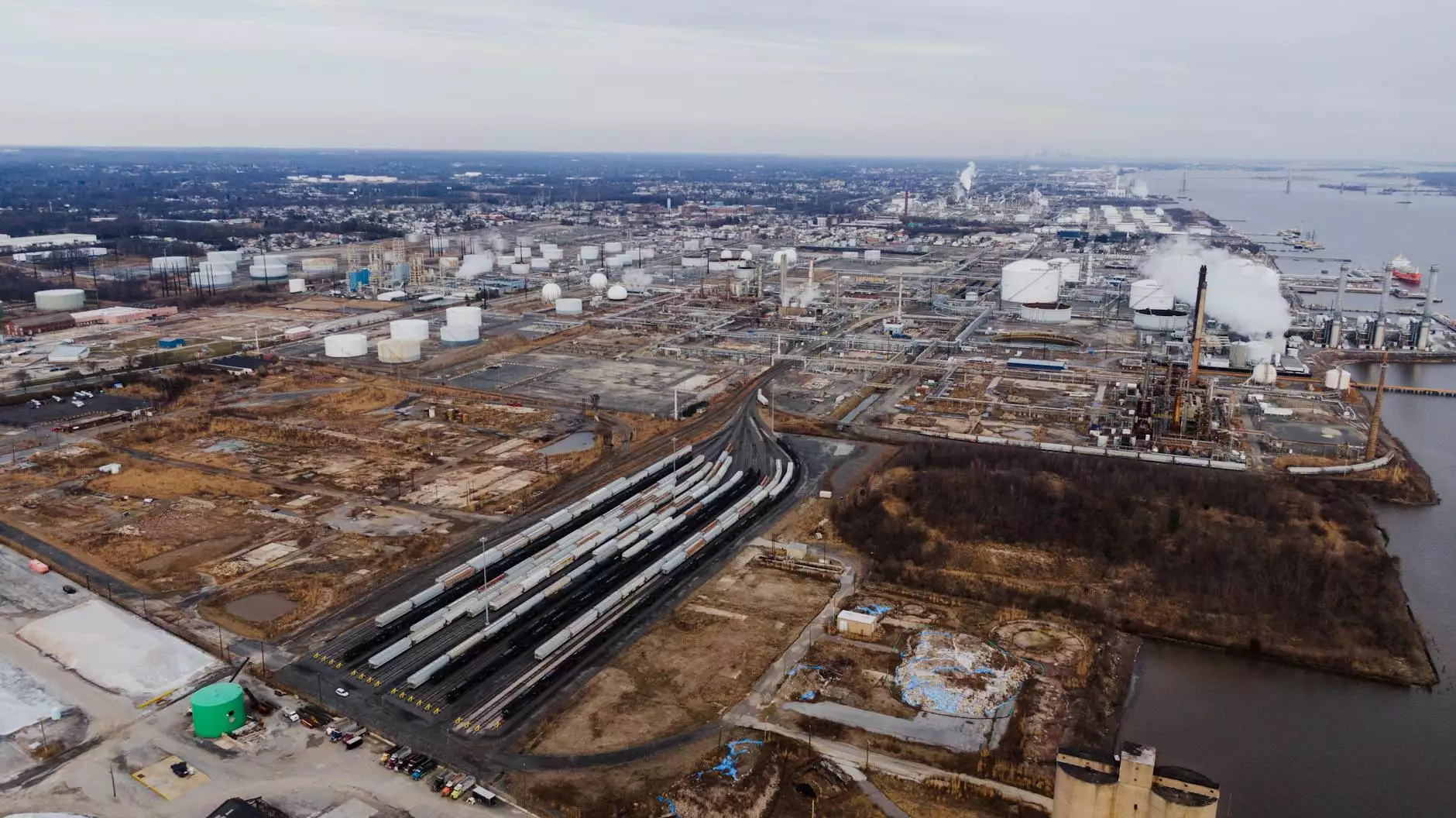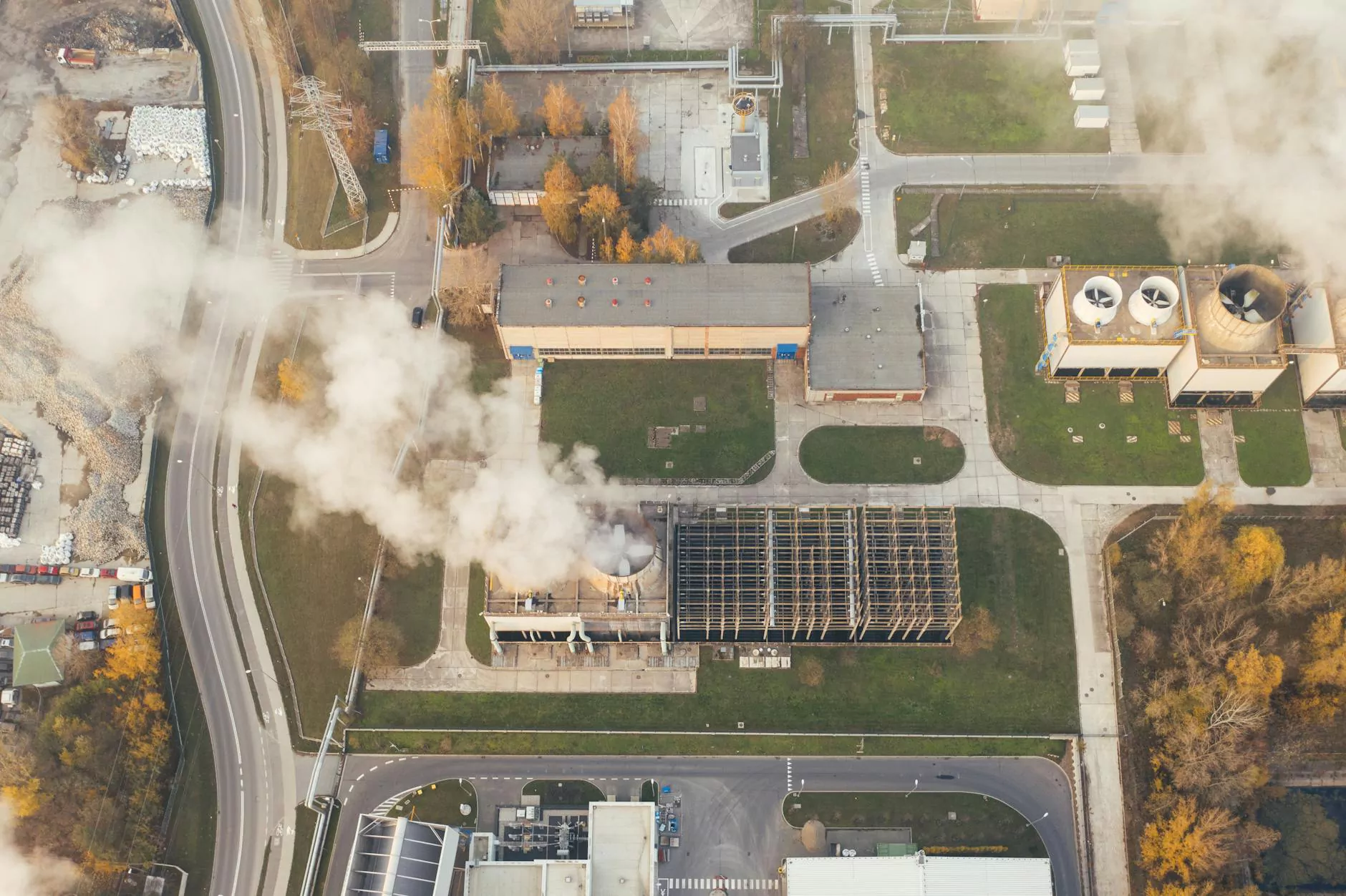Deconstructing Clean Air Act Stationary Source Aggregation

Understanding the Clean Air Act
The Clean Air Act, enacted by the United States Congress in 1970, is a crucial piece of legislation designed to regulate and control air pollution. It establishes standards and regulations that govern air quality, emission limits, and pollutant control measures. One significant aspect of this legislation is the concept of stationary source aggregation.
What is Stationary Source Aggregation?
Stationary source aggregation refers to the process of determining whether multiple individual sources of air pollution should be considered as one aggregated source for regulatory purposes. This is an important consideration as it impacts how emissions limits, permitting requirements, and compliance obligations are applied.
Factors Influencing Stationary Source Aggregation
Several factors are assessed to determine whether stationary source aggregation is necessary. These factors include:
- The proximity of sources
- The similarity in operations
- Ownership or control relationship
- The effect of aggregation on emissions
Implications of Stationary Source Aggregation
The implications of stationary source aggregation can be significant for businesses and industries. When multiple sources are aggregated into a single entity, the combined emissions may exceed allowable limits, leading to potential compliance issues. It is therefore crucial for businesses to understand the aggregation rules and ensure compliance with applicable regulations.
Expert Legal Assistance with Stationary Source Aggregation
At Richardson Law Firm PC, we specialize in providing expert legal guidance in environmental law matters, including stationary source aggregation under the Clean Air Act. Our team of experienced lawyers understands the complexities of this legislation and can help you navigate its intricacies.
Comprehensive Legal Services
We offer a range of comprehensive legal services to assist our clients in matters related to stationary source aggregation. Our services include:
- Evaluating your current operations and determining the potential impact of stationary source aggregation
- Assessing your compliance with relevant regulations and identifying any areas of concern
- Assisting in the preparation and submission of necessary permits and applications
- Representing you in administrative proceedings or litigation related to stationary source aggregation
- Providing ongoing legal counsel to ensure continued compliance with the Clean Air Act
Contact Us Today
If you require assistance or have questions regarding stationary source aggregation and its implications, do not hesitate to contact Richardson Law Firm PC. Our dedicated team of environmental law experts is ready to provide you with the legal support you need.
With our in-depth understanding of the Clean Air Act and its provisions concerning stationary source aggregation, we can guide you through the process and help you make informed decisions to ensure compliance and minimize any potential legal risks.
Trust Richardson Law Firm PC for expert legal representation in environmental law matters. Contact us today to schedule a consultation with one of our knowledgeable attorneys.









